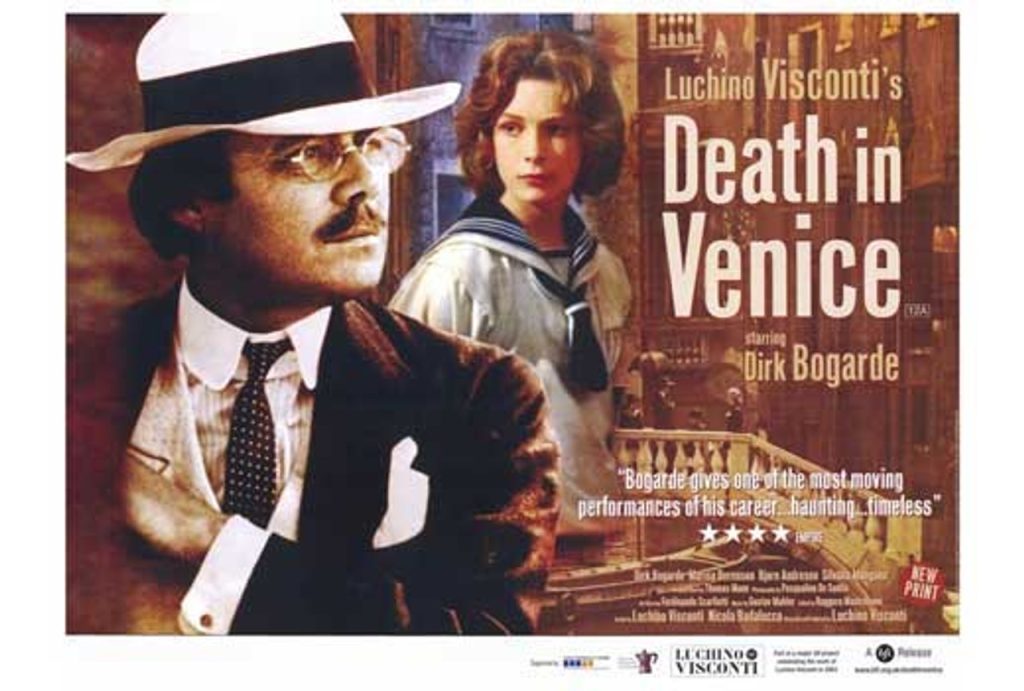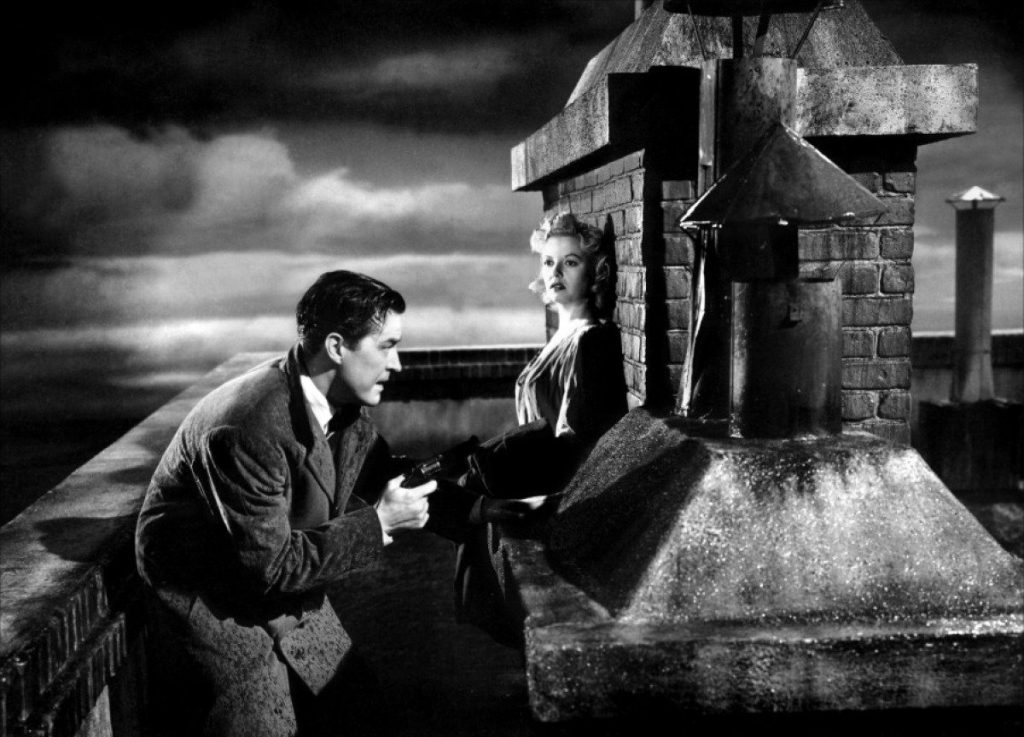“I didn’t take you for Clint Eastwood,” quips Sheree North’s frisky documents forger. She’s talking to a hulking, pipe-smoking Mafia enforcer played with icy malevolence by Joe Don Baker in a ten gallon hat. But she’s actually sharing an inside joke with the audience, as Don Siegel’s fantastic 1973 Charley Varrick was originally conceived as an Eastwood vehicle. Loosely based on a pulp novel by John H. Reese, the story of a laconic bank robber who outfoxes the cops and the mob reunites the 1971 Dirty Harry all-star team of director Siegel, screenwriter Dean Reisner, co-stars Andy Robinson and John Vernon, and composer Lalo Schifrin. The titular role is exactly the kind of all-business, man-of-few-words anti-hero in which Eastwood specialized. Yet the star turned down the part, citing the main character’s lack of redeeming qualities. (As Clint went on to direct and headline the vicious High Plains Drifter that same year, his stated reasoning sounds like bunk. My guess is that the audience-savvy star balked at the limited appeal of such a cerebral, cooly amoral thriller. Indeed, Varrick bombed big at the box office.)
The role instead went to Walter Matthau, during that wonderful stretch of the 1970’s when a man with a self-described “face like a catcher’s mitt” could become a bona fide movie star. There aren’t many movies in which you can easily imagine Matthau swapping places with Eastwood – though The Bridges of Madison County would be a corker – but Charley Varrick is a surprisingly comfy fit. In addition to his inimitable brusqueness, Matthau had an ability to convey a keen intelligence, the perfect combination for a tight-lipped protagonist who’s always thinking one or two steps ahead of everyone else in the movie. He’s also naturally funny, like when Varrick is buying mercury switches, dynamite, and assorted other bomb-making materials. “May I ask what you’re going to use those for?” the clerk inquires as he’s leaving the store. “You certainly may,” Varrick answers, closing the door behind him.
Calling himself “The Last of the Independents,” (Siegel’s original title for the picture before Universal Studios head Lew Wasserman renamed it) Charley Varrick is a former air circus stunt pilot turned crop-duster, forced out of business by the big corporate combines. These days, he and a tight-knit crew rob banks in isolated rural areas with his wife Nadine driving the getaway car. They stick to little operations that aren’t insured by the federal government, thus keeping the FBI off their trail. Small hauls, but also low risk. That is, until a well-planned heist at the tiny Tres Cruces bank in New Mexico turns into a bloodbath. Nadine and another crew member are killed, while Varrick and a dim-bulb, drunkard accomplice (Robinson, flexing the anti-charisma that served him so well as Dirty Harry’s Scorpio killer) barely escape with their lives, as well as $700,000 of the mob’s money.
It seems that this quaint little bank where Varrick and associates were expecting to grab a few grand was also a secret Mafia money laundering operation. This is the kind of score from which nobody gets away, yet the enormous pleasures of Charley Varrick lie in watching Matthau slyly orchestrate the perfect exit strategy, all the while being pursued by some of the baddest hombres in crime movies. Chief among them is the aforementioned Joe Don Baker’s smiling sadist, wonderfully, incongruously named Molly. He’s a chilling, relentless precursor to No Country for Old Men’s Anton Chigurh, the spiritual opposite of the cheerful, scene-stealing bruiser played by Baker in John Flynn’s similarly hard-boiled The Outfit, released on the same day in 1973.

Representing the Mafia’s interests, the indispensable John Vernon arrives in Tres Cruces with the put-upon air of a harried middle manager willing to do anything to keep the buck from stopping with him. Vernon has a honey of a scene with a local bank officer during which Quentin Tarantino was obviously taking notes, warning that his associates are willing to strip suspects naked and go to work on them with a pair of pliers and a blowtorch. Every supporting part is exquisitely cast, right down to a small role for the permanently rumpled Norman Fell as an exhausted cop who has had about enough of your bullshit. Jack Lemmon’s wife Felicia Farr shows up as a secretary eager to be seduced by Matthau (another great inside joke) while Siegel regular Sheree North leads a rogues gallery of casually treacherous underworld contacts, all offhandedly selling each other out in the interests of self-preservation or just for cold hard cash. Varrick manages to maneuver his way through this morass by assuming the worst of everyone and always being right.
It’s a cold, hard world in Charley Varrick, rendered with Siegel’s characteristic, stripped-down precision. The director came up in the editing rooms of the Hollywood studio system, and is often attributed as saying that if you shake a movie hard enough, eight minutes will fall out. His cutting is as ruthless as his characters, and it’s easy to see an autobiographical aspect to Charley Varrick’s no-nonsense pragmatism. The character has a plan that he’s not about to share with the audience, which drove Matthau nuts. The actor spent the shoot insisting that Siegel should add some sort of voice-over or narrative device by which Varrick could explain his intentions, spoiling the surprise and delight with which we watch his schemes come together. As the director wrote in his hilarious autobiography A Siegel Film, “Walter wants to see the banana peel before he slips on it.” (He also says the star bragged about his ability to hang upside down for an extended period of time during a stunt sequence thanks to his experiences being dangled out of windows by bookies trying to collect his overdue gambling debts.)
Siegel blamed Matthau’s constant badmouthing of the project for Charley Varrick’s box office failure, claiming he’d soured the studio on promoting the movie properly. Like most lean and mean American crime pictures, the movie was much more warmly received in Europe. (Credit for consistency, Matthau continued trashing the film even after it won him a BAFTA for Best Actor.) Significant story elements from Charley Varrick – including the Tres Cruces bank – were repurposed by Universal for the 2013 Denzel Washington-Mark Wahlberg caper comedy 2 Guns. But despite some brilliantly intimidating work by Bill Paxton as the Stetson-hatted Molly stand-in, you’re still better off sticking with the last of the independents.
“Charley Varrick” is streaming, improbably enough, on Netflix.



